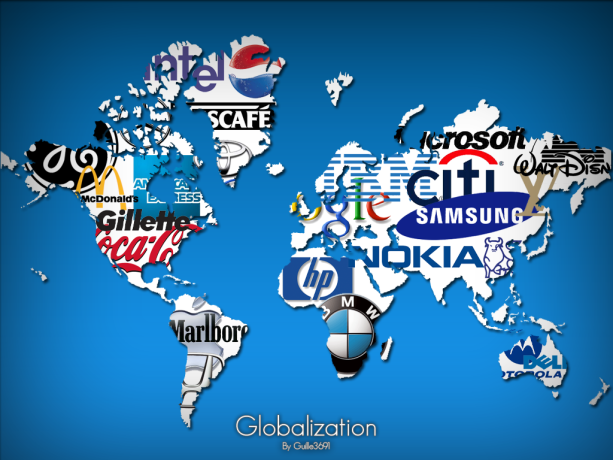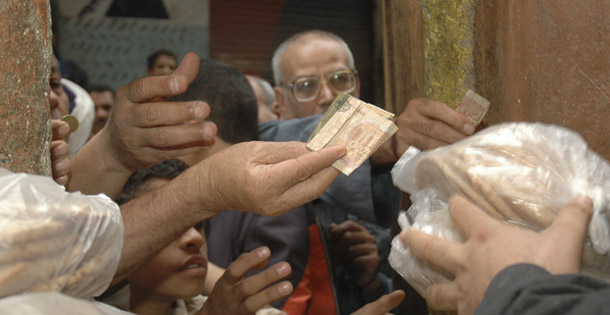Naomi Klein, who has written extensively about global political issues was recently interviewed on Democracy Now about her new book This Changes Everything: Capitalism versus the Climate. This is one of those books whose content is easily identifiable from the title. In essence, Klein posits that capitalism, at least in its current form as championed by right-wing think tanks world-wide (but especially in the United States of America), is inherently at odds with protecting the climate. This is a sentiment articulated by some of you during our session earlier this week. There can’t simply be tinkering at the margins. The protection of the global environment requires a radical re-thinking of the relationships amongst, civil society, the market, and the state. [Incidentally, Klein’s book promotion tour will hit Vancouver on October 26th (at UBC).]
Here’s part of the transcript from the interview, which you can view below:
NAOMI KLEIN…So the argument I’m making is really quite a hopeful one. I think if we do respond to climate change with the decisiveness that the scientist[s] are telling us we do, if we respond in line with science, we have a chance to remake our economy, the global economy, for the better…
AMY GOODMAN: Naomi Klein, in your book, This Changes Everything, you… talk about a number of these [right-wing think tanks] groups. You open with them in a chapter called “The Right is Right.”
NAOMI KLEIN: OK, well, let’s be clear: They are not right about the science. They’re wrong about the science. But I think what the right understands, and it’s important to understand, that the climate change denier movement in the United States is entirely a product of the right-wing think tank infrastructure…The Heartland Institute, which people mostly only know in terms of the fact that it hosts these annual conferences of climate change skeptics or deniers, it’s important to know that the Heartland Institute is first and foremost a free market think tank. It’s not a scientific organization. It is—just like the other ones I listed, it exists to push the ideology, the familiar ideology, of deregulation, privatization, cuts to government spending, and sort of triumphant free market, you know, backed with enormous corporate funding, because that’s a very, very profitable ideology.
And when I interviewed the head of the Heartland Institute, Joe Bast, for this project, he was quite open that it wasn’t that he found a problem with the science first. He said, when he looked at the science and listened to what scientists were saying about how much we need to cut our emissions, he realized that climate change could be—if it were true, it would justify huge amounts of government regulation, which he politically opposes. And so, he said, “So then we looked at the science, and we found these problems,” right? So the issue is, they understand that if the science is true, their whole ideological project falls apart, because, as I said, you can’t respond to a crisis this big, that involves transforming the foundation of our economy—our economy was built on fossil fuels, it is still fueled by fossil fuels. The idea in this—we hear this from a lot of liberal environmental groups, that we can change completely painlessly—just change your light bulbs, or just a gentle market mechanism, tax and relax, no problem. This is what they understand well, that in fact it requires transformative change. That change is abhorrent to them…
…So when I say “the right is right,” I think that they have a better grasp on the political implications of the science, of what it means to how we need to change our economy and what the role of the public sphere is and the role of collective action is, better than some of those sort of big, slick, centrist green groups that are constantly trying to sell climate action as something entirely reconcilable with a booming capitalist economy. And we’re always hearing about green growth and how it’s great for business. You know, yeah, you can—there will be markets in green energy and so on, but other businesses are going to have to contract in ways that requires that strong intervention.





You must be logged in to post a comment.